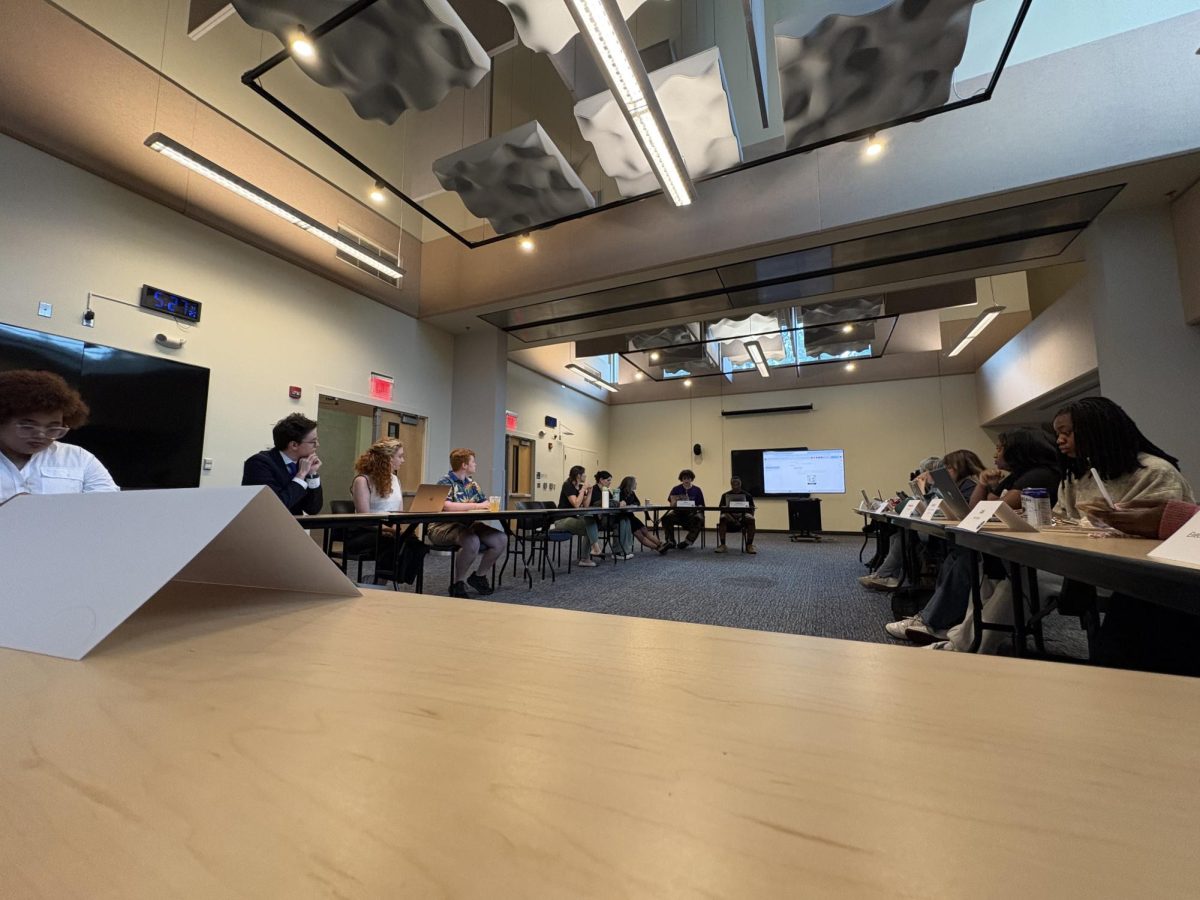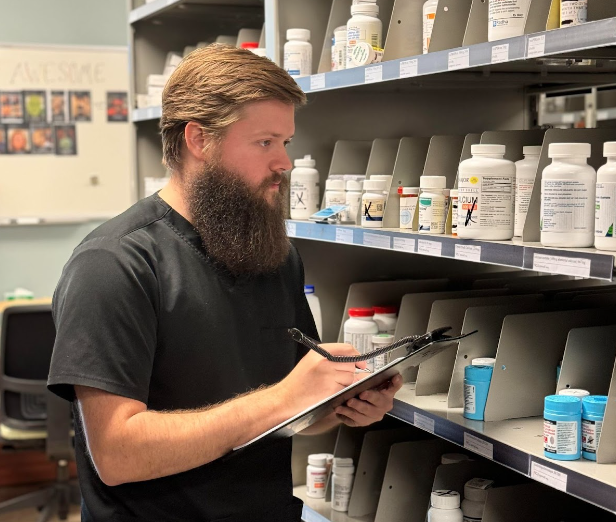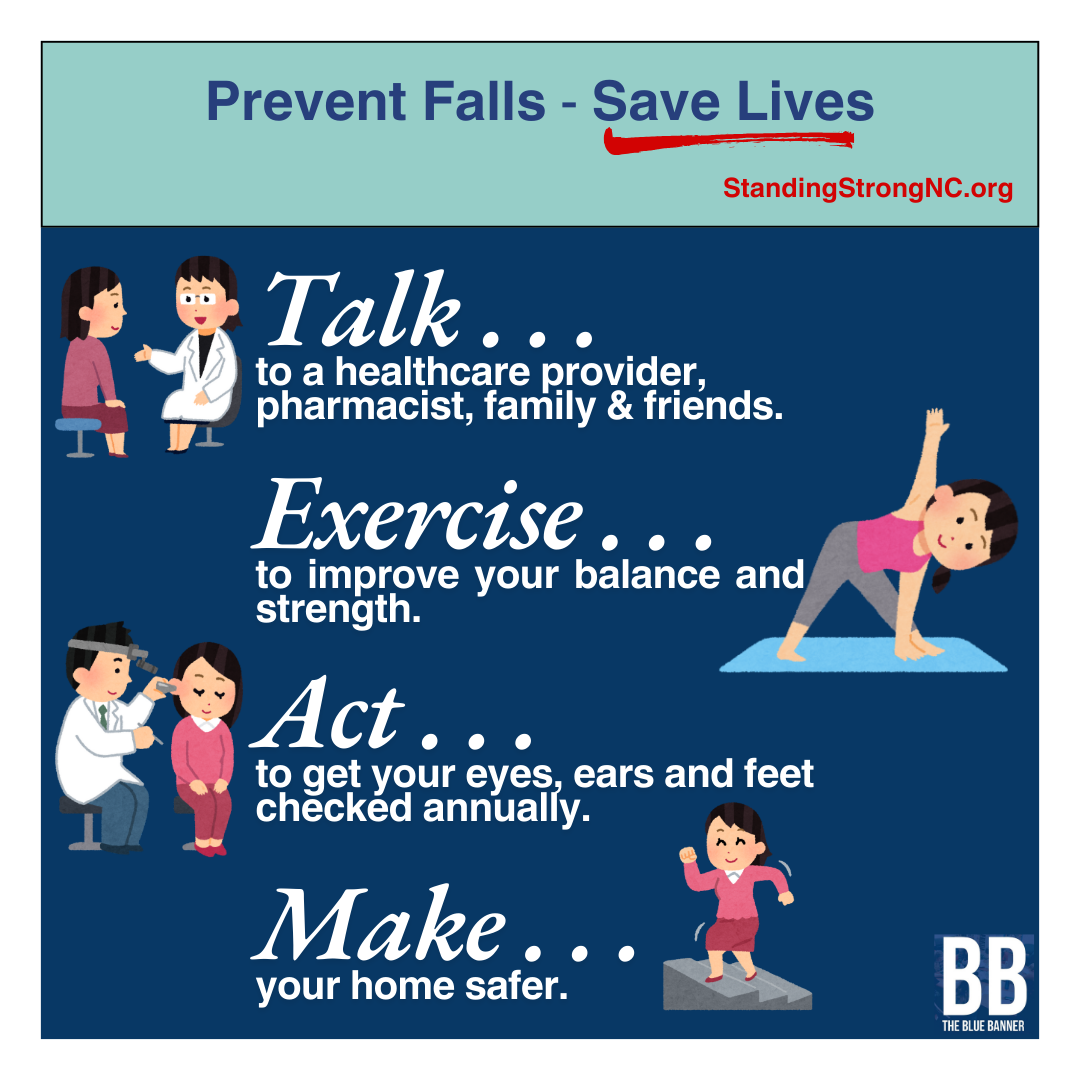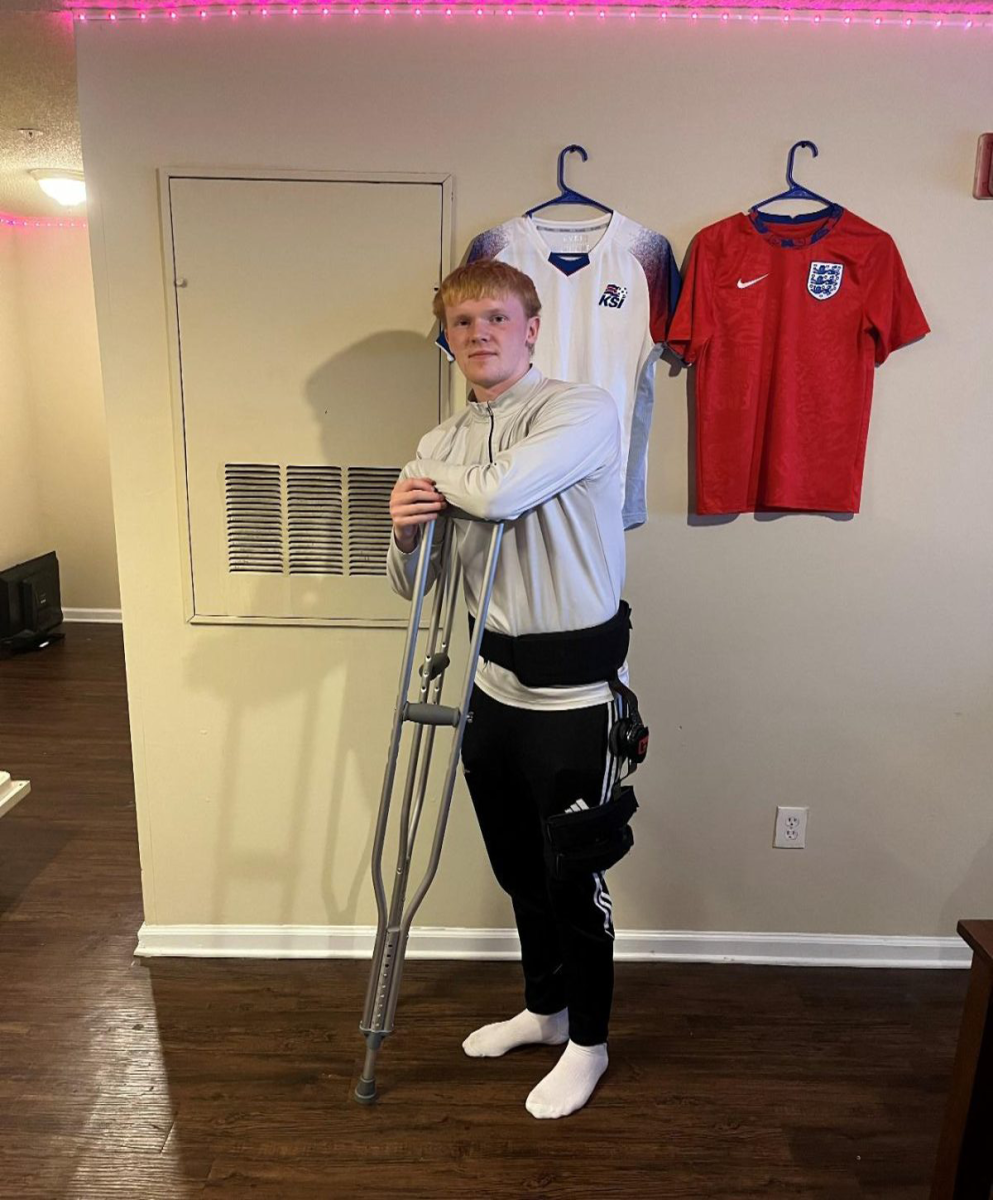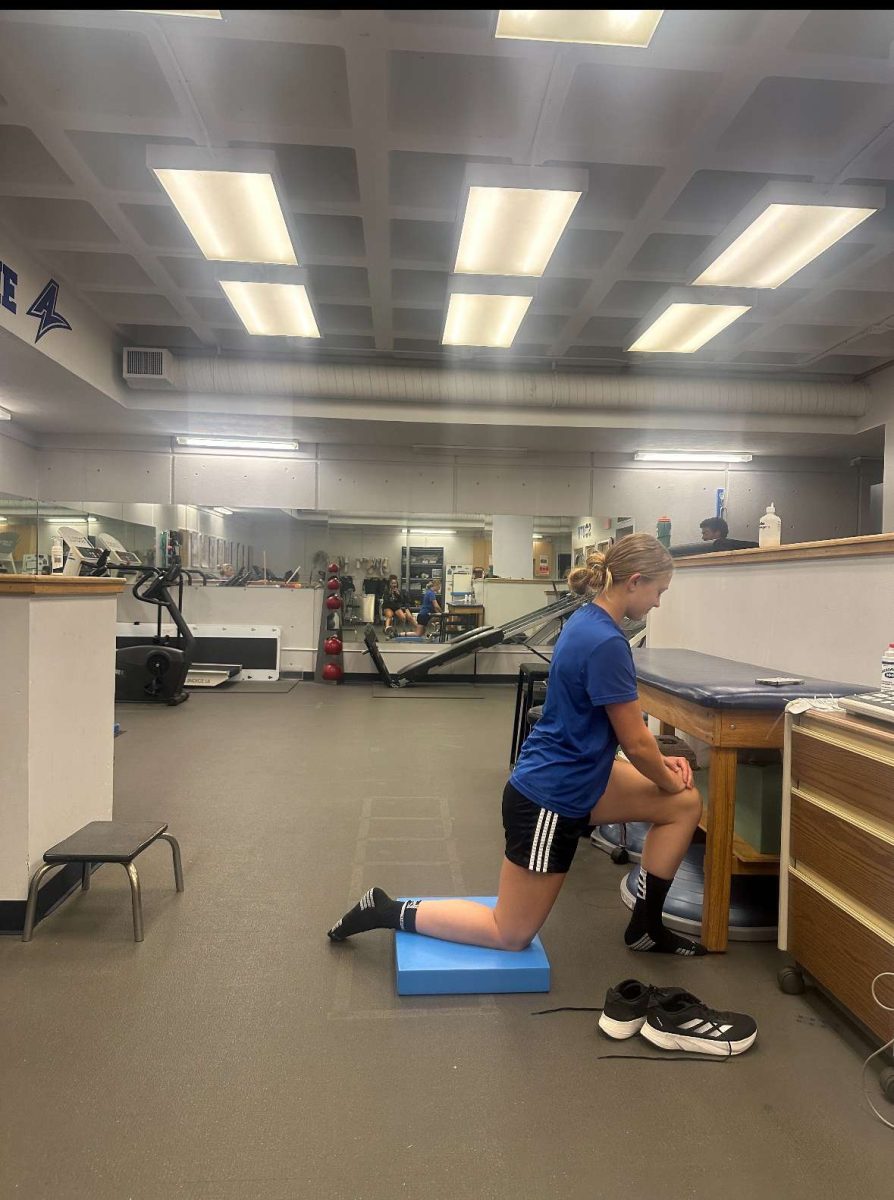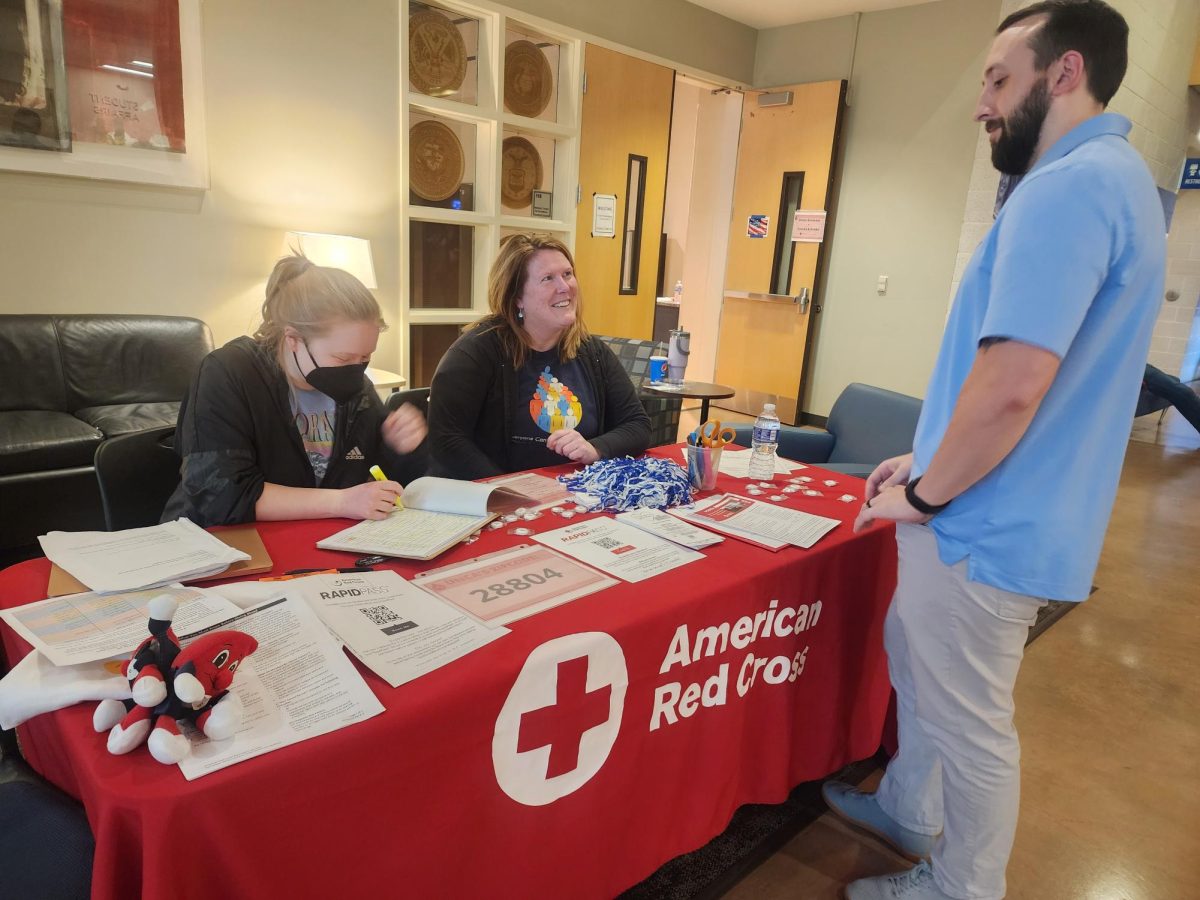Chlamydia is the most prominent disease spread through sex in the State of North Carolina, as well as in Asheville. Data from the North Carolina Department of Health and Human Services shows the number of cases dropped between 2019 and 2022.
“We saw an increase in chlamydia cases when COVID-19 initially hit. People were home, bored and making reckless decisions because of that. Though the decrease could be attributed to people returning to normal life as covid started to die down over the last few years,” said Lauren Baker, physician assistant and recent graduate with a master’s in medical science.
According to data from the NCDHH, the total cases of chlamydia in N.C. dropped by just over 10% from 2019 to 2022. Bringing the number from 71,296 to 64,657 reported cases. Charles Hall, a 30-year-old Clinical Pharmacist said the reason may be due to more widespread concern about sexual health.
“I think despite hookup culture and sexual partners being made so readily available by various dating apps, people are taking more precautions when it comes to their sexual health. More people are concerned with getting tested these days,” Hall said.
According to Baker, chlamydia is the most commonly reported bacterial infection in the United States. With approximately 10.5 million people in N.C. the number of cases dropped from 0.7% of the population to 0.6% of the overall population from 2019 to 2022.
“I think the prevalence of chlamydia in N.C. speaks to a wider issue of a lack of sexual education in this state,” said Jasmine Washington, 26-year-old employee of Asheville City Schools.
Washington said the sheer number of cases may be a direct result of poor sexual education in public schools. She said working in the school system allows her to see just what kind of sexual education is being offered to students.
“One of the reasons North Carolina has such high rates is because of the education offered in schools, which tends to be abstinence instead of safer practices. I think a lot of people haven’t been educated on safe practices which leads to high-risk behavior,” Baker said.
The data from the NCDHH shows in 2019 the number of men who reported having chlamydia was 23,501 and in women, 47,687. Three years later in 2022 the numbers dropped to 21,969 cases for men and 42,687 for women.
“In a lot of cases, men can be asymptomatic when it comes to chlamydia. I know the reports can get skewed because men will either show no symptoms even when they actually have it, or they’ll just be too embarrassed to come in and get tested properly,” Hall said.
Baker said women in general are more inclined to get properly tested after having new sexual partners since they are used to having regular reproductive health screenings, whereas men more than likely will be asymptomatic and go without testing.
“Women face a little bit more of a risk if they go unchecked. Untreated chlamydia can cause a myriad of problems like fertility issues and pelvic inflammatory disease. I think a lot of men are embarrassed to go get tested. They aren’t used to regularly having such an intimate examination,” Baker said.
Haley Webb, a 26-year-old Fletcher native and Ingles manager, said she caught chlamydia in 2018 from a partner at the time and was glad she was able to get it treated quickly.
“Regular testing is important. I know expecting people to use condoms all the time is unrealistic, so if you’re going to be reckless, at least get tested whenever you get a new partner,” Webb said.
Despite concern over the sheer number of reported cases, some people are hopeful that the recent decline in cases is a good sign the number will continue to drop in the future.
“If more people were properly informed on how and where to get tested, we wouldn’t have as big of an issue as we do now. I’d love for the negative stigma around getting tested to disappear so people don’t feel ashamed for taking care of their mental health,” Washington said.
Webb said even though the prospect of catching the disease is scary, being able to notice the symptoms and address it early is critical and can ensure the disease is dealt with quickly.
“I had to get a shot of antibiotics injected in my butt, and then I was prescribed a week’s worth of antibiotics. I went back to that doctor about a week later just to check on things and by then it had already cleared up, I’m just glad I realized I had symptoms early,” Webb said.
According to Hall, the pharmacy he works in sees around 10 to 20 prescription orders per month for treating chlamydia. Medication that he says is very effective in combating it.
“The most common antibiotic we use to treat chlamydia is doxycycline, which is a very strong antibiotic. In some cases where the infection is resistant we have to use a much stronger one, but I don’t like using that one because it can have serious side effects and a heavy impact on the kidneys,” Hall said.
Baker said the best way to combat chlamydia is to use proper protection, get tested after every new partner and limit how many new partners one has within a 3-month period.
“It’s very important to treat it quickly if you have it because it does have long-term effects on your health and fertility. Stay safe, don’t get it and if you think you have it please get it treated. I’m not judging anyone, I just want everyone to stay safe,” Baker said.














